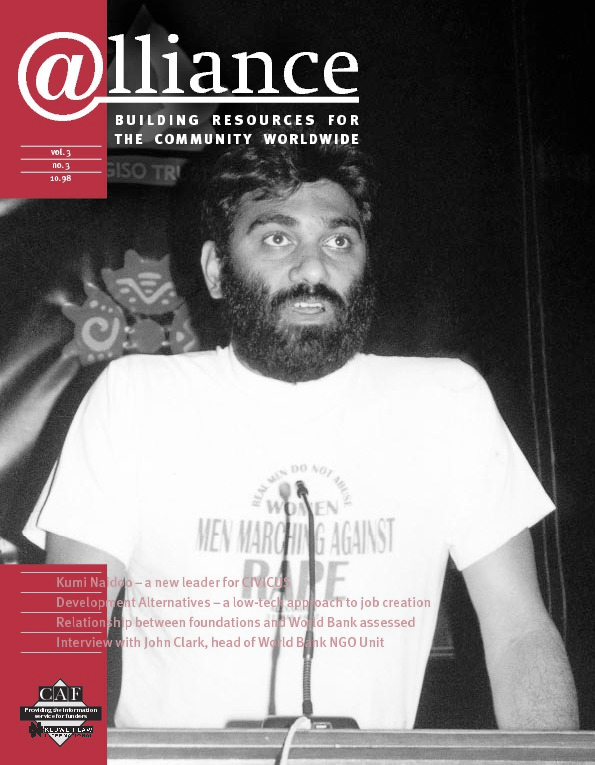Building Corporate AccountAbility is a book of essays dealing with the topic of ‘social and ethical accounting, auditing and reporting’ (SEAAR). The book has the feel of a published record of an important scientific symposium — it conveys the infectious enthusiasm of the presenters and the positive results they have observed with SEAAR, but it also reveals the internal debate and disagreement among SEAAR experts. Like other emerging fields, SEAAR is marked by exuberant growth and a healthy degree of confusion.
The book begins with a helpful introduction to the history and basic principles of SEAAR, followed by nine case studies, each drawn from a different country, dealing with the specific implementation of some form of SEAAR. A good deal of attention is paid to definitions. SEAAR is explained as encompassing a variety of forms, including corporate-led reporting, ethical accounting, social evaluation, social accounting and auditing, outlay auditing, and disclosure ranking.
Although the authors share a bias in favour of SEAAR, quite a bit of time is spent in building the argument that SEAAR is either necessary or advisable (apparently, some people must think it is neither). The editors explain that companies and other organizations are driven by three primary rationales in their movement to SEAAR:
- managerialist: companies adopt ethical auditing practices because they perceive an economic or survivalist imperative to do so;
- public interest: companies are forced to adopt ethical practices under pressure from governments or laws;
- value shift: companies perceive that ethical practices have a deep and pervasive positive value for the company.
Building Corporate AccountAbility is a goldmine and sourcebook of comparative analysis and guidance for any organization interested in actually carrying out a SEAAR-type initiative. For the general reader, however, it is worthwhile considering the limitations inherent to the field.
In particular, to re-state Machiavelli, do companies really need to be good, or is it sufficient that they appear to be good ? If the latter, then companies will logically avoid standardization of ethical accounting. The authors fail to devote much attention to the possibility that SEAAR, having fallen into the hands of the marketing/PR departments, will merely be used to create more convincing forms of corporate hypocrisy. Eventually, the public will become wary of corporate ethical claims, and scrutinize them with greater intensity. One can only hope that SEAAR itself will help that day arrive.
Guillermo Jimenez was formerly Head of Division at the International Chamber of Commerce, Paris.
Building Corporate AccountAbility: Emerging practices in social and ethical accounting, auditing and reporting
Edited by Simon Zadek, Peter Pruzan and Richard Evans
Earthscan
£15.95 (paperback)/£35 (hardback)
To order, phone +44 1903 828 800 or e-mail to orders@lbs.ltd.co.uk




Comments (0)